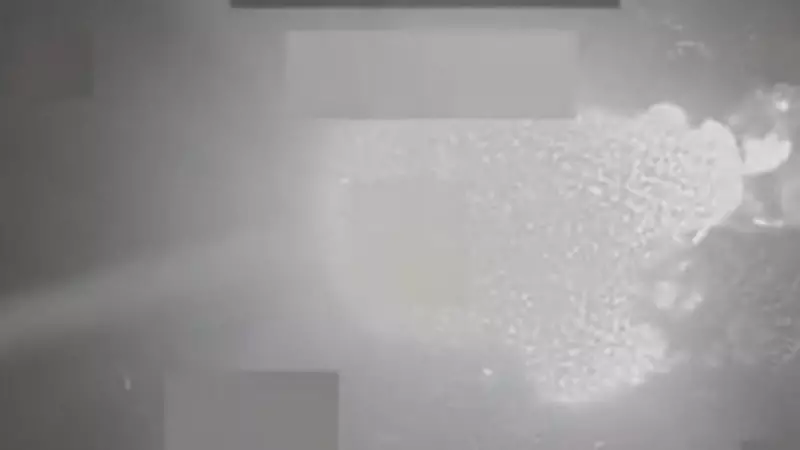
In a dramatic escalation of America's war on narco-terrorism, US forces have executed a decisive strike in the Caribbean, eliminating three high-value narco-terrorist targets. The operation marks another significant victory in the ongoing battle against drug trafficking networks that threaten regional stability and American national security.
Hegseth's Chilling Warning to Terror Networks
Fox News host Pete Hegseth delivered a stark message following the successful operation, vowing that the United States will relentlessly pursue those who threaten its citizens. "We'll track, hunt and kill," Hegseth declared, emphasizing the nation's unwavering commitment to neutralizing security threats wherever they emerge.
The television personality turned national security commentator highlighted the critical nature of such operations, stating that America must maintain offensive capabilities against evolving terrorist threats that increasingly blend ideological extremism with criminal enterprise.
The Caribbean Front in America's Security Battle
The Caribbean region has become a crucial battleground in the fight against narco-terrorism, with its strategic waterways serving as transit routes for both drugs and potential security threats. This latest strike demonstrates the US military's enhanced capability to project power and eliminate targets in maritime environments.
Military analysts note that such operations require sophisticated intelligence gathering, precision execution, and seamless coordination between various branches of the armed forces and intelligence community.
Growing Narco-Terrorism Threat
The convergence of drug trafficking and terrorism represents one of the most complex security challenges facing Western nations. Narco-terrorist organizations use drug profits to fund ideological wars while exploiting smuggling routes that could potentially transport more than just narcotics.
Recent intelligence assessments indicate that these hybrid threats are becoming increasingly sophisticated, employing advanced technology and adapting their tactics to evade traditional counter-narcotics and counter-terrorism measures.
Strategic Implications and Future Operations
This successful Caribbean operation signals several important developments in US security strategy:
- Expanded operational reach: Enhanced capability to conduct precision strikes in maritime environments
- Intelligence-driven targeting: Sophisticated tracking of high-value individuals across complex networks
- Multi-domain operations: Integration of naval, air, and intelligence assets for maximum effectiveness
- Proactive posture: Shift from reactive to preemptive counter-terrorism measures
The elimination of these three operatives deals a significant blow to their organization's operational capacity, though security experts warn that such networks often demonstrate resilience and ability to regenerate leadership.
Public and Political Response
The operation has generated mixed reactions, with national security hawks praising the aggressive stance while some foreign policy experts express concerns about the long-term implications of such targeted strikes. However, there appears to be broad consensus that narco-terrorism represents a clear and present danger requiring robust response measures.
As the United States continues to confront these hybrid threats, officials emphasize that the nation will not hesitate to use all tools at its disposal—from diplomatic pressure to military action—to protect American interests and citizens.
The successful Caribbean strike, coupled with Hegseth's unequivocal warning, sends a clear message to adversarial networks: the United States maintains both the capability and determination to track, target, and eliminate security threats wherever they operate.





